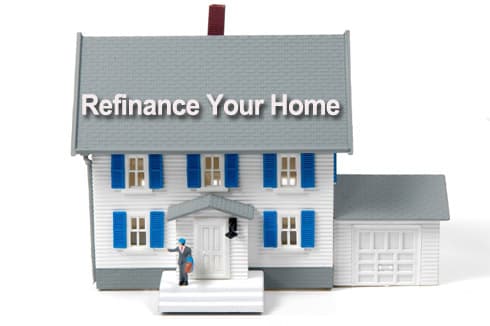- "No-cash" means that the borrower doesn't pay settlement costs at closing.
Don't Confuse 'No-Cost' with 'No-Cash.'
Lately, Bills.com has received many questions about so called, "no-cost" mortgages. The advertisements for these mortgage products usually look something like, "Lower the monthly payments on your mortgage without paying a dime!" With interest rates about as low as they get and home values also holding, many consumers are not sure who to believe.
Don’t Confuse No-Cost with No-Cash
"No-cash" means that neither the borrower nor the lender will have to pay the settlement costs at closing. Instead, the costs are added to the loan balance. The borrower therefore pays these costs over time with interest. A no-cost mortgage is one in which the lender will pay the borrower’s settlement costs with some exceptions such as escrow for taxes and insurance and homeowner’s insurance.
Not all costs are rolled into the mortgage. Transfer taxes, escrows, and even homeowner’s insurance will need to be picked up by the borrower. To learn more about No-Cost, or should we say No-Cash refinances, read the Bills.com resource No-Cost Refinance Mortgage Loan Tips.
